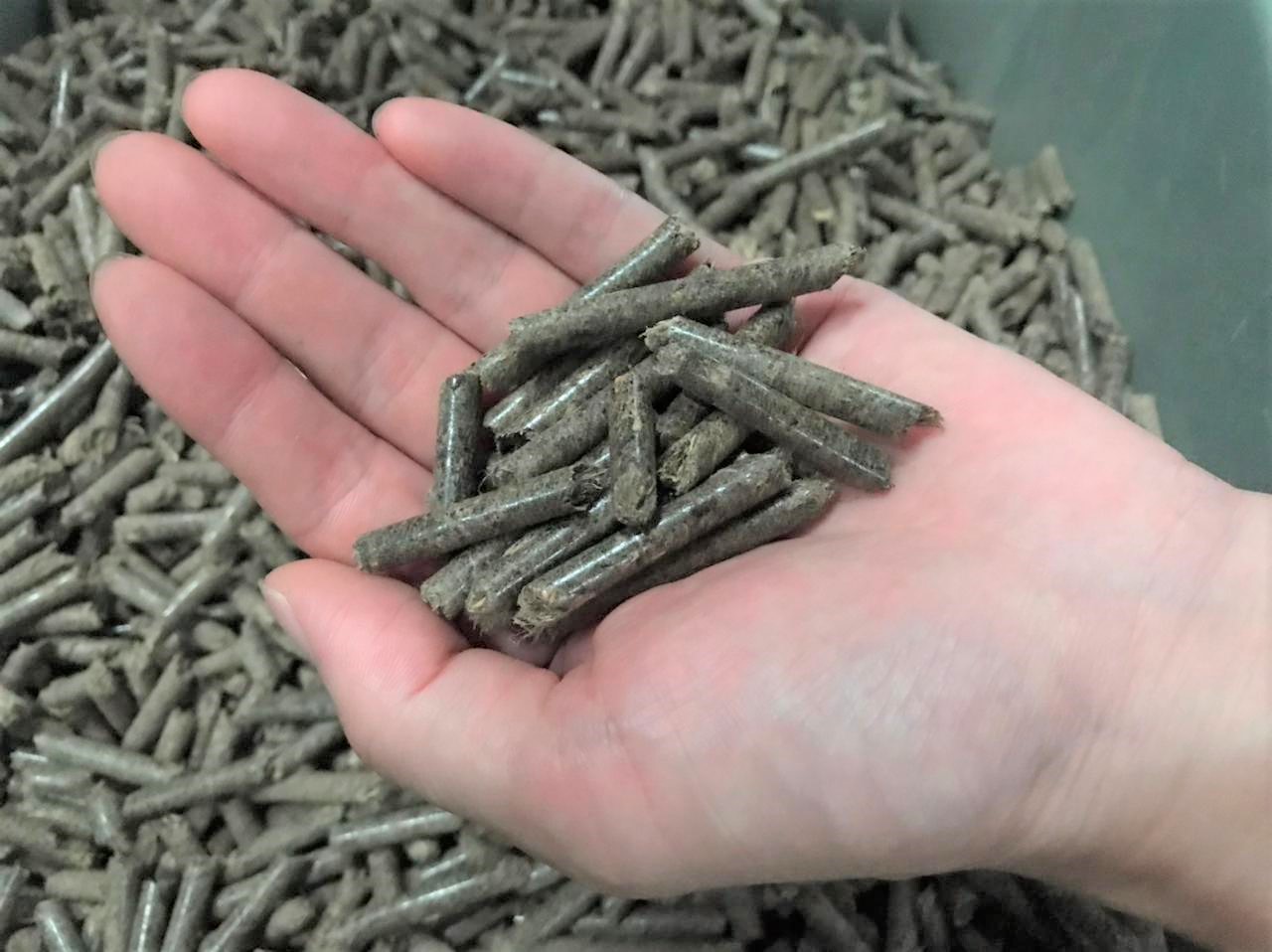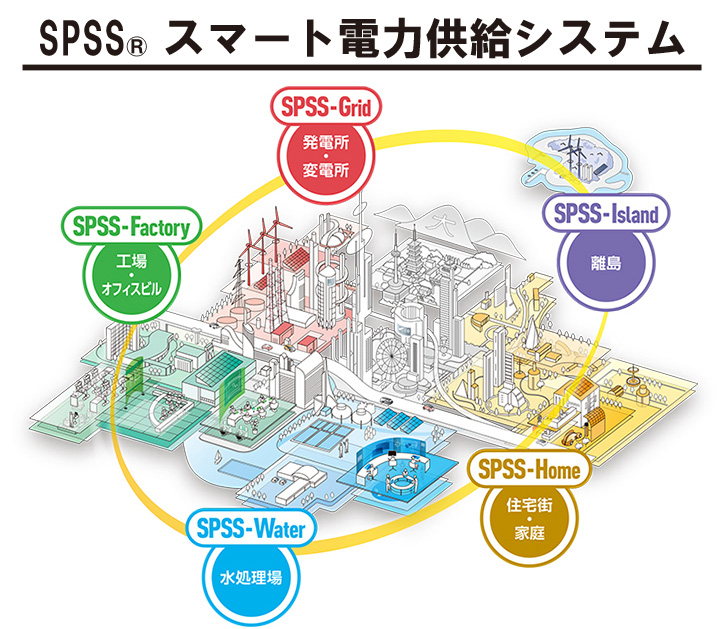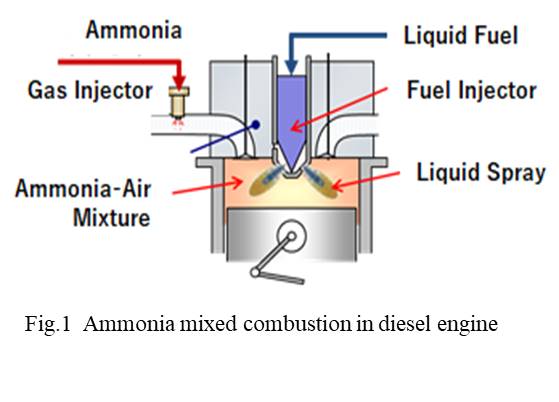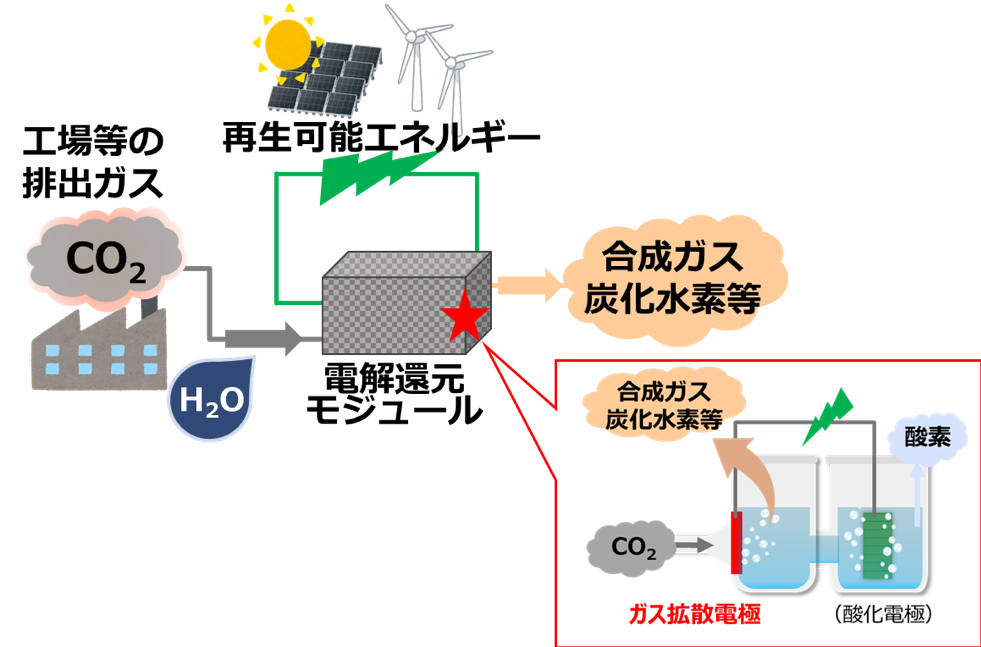Effective use of crop residues as biomass fuel
~Aiming to contribute to the circular economy and energy decarbonization in producing countries~
TESS Holdings Co., Ltd.
Outline
The TESS Group is conducting research and development on the effective use of crop residues as biomass fuel as part of its global energy decarbonization efforts. PT PTEC RESEARCH AND DEVELOPMENT, a subsidiary for research and development, has been established in Indonesia, the largest palm oil producing country in Southeast Asia, with the aim of utilizing agricultural crop residues generated by the palm oil industry. Here, we are developing technologies to produce and sell fuel for biomass power generation using EFB (Empty Fruit Bunch) and OPT (Old Palm Trunk), which are typical unused residues of the palm industry, as raw materials.
Unused residue from the palm oil industry has become a social problem for producing countries, such as the generation of methane, a greenhouse gas, during the decomposition process. By effectively utilizing these unused materials as biomass fuels, we aim to solve social issues faced by producing countries and contribute to global energy decarbonization.
Description
✓Goals in the Challenge
・By effectively utilizing EFB and OPT, which are palm oil residues, and realizing long-term stable supply as biomass fuel, we will contribute to the realization of circular economy in palm oil producing countries and to global energy decarbonization, which is our purpose.
・The target for shipment is 1 million tons or more per year in 2030.
*It is assumed that EFB will be certified as a biomass fuel under the renewable energy feed-in tariff ("FIT") schemes in Japan.
✓Social Background
Indonesia is the world's largest producer of palm oil, and the palm oil industry has become an important industry supporting Indonesia's economy. On the other hand, EFB, which is produced in large quantities when palm oil is extracted, is left unused because most of it has no effective use other than being used as fertilizer or firewood. It causes problems such as soil pollution and methane gas generation. In addition, it is desirable to cut down old palm trees which have less harvest and to plant new palm trees. However, there is no use for old trees that have been cut down, and the cost of processing them for disposal makes it difficult for small- and medium-scale plantations to make progress. It causes overexploitation, with nearby native forests being cleared to make way for new plantations in order to maintain harvests. Therefore, it is necessary to solve these problems by making effective use of EFB and OPT.
On the demand side, biomass fuel demand is increasing every year as biomass power generation becomes increasingly important in the global decarbonization trend. However, the biomass fuel consumed by large-scale thermal power plants is limited to wood pellets and PKS, and the tight supply of fuel is an issue. Therefore, raw materials that can be used as a new and sustainable biomass fuel are being explored.
✓Specific Actions
In response to this social background, the TESS Group launched the "PTEC (Palm Tree Energy Conversion) Project" in 2018 with the aim of manufacturing and selling pellets made from residues such as EFB and OPT, and making effective use of them.
Currently, we have constructed a test plant in Batam Island, Indonesia, and have dispatched our own employees to advance technological development. After 2021, we have succeeded in continuously producing EFB pellet fuel. We plan to start large-scale production in 2025. We hope that the EFB pellet fuel will be certified as a biomass fuel under the FIT schemes in Japan so that more EFB fuel would be used in Japan not only in Indonesia. We hope we can make more contribution to the circular economy in Indonesia.
✓Issues for the challenge
In order to continue manufacturing and selling by utilizing EFB and OPT effectively in the long term, it is necessary to have price competitiveness compared to existing fuels such as wood pellets. Since EFB and OPT contain many components that adversely affect combustion equipment, it is necessary to remove these components in order to use them as fuel. For this reason, additional processing at the factory is required, and considering this, it is necessary to establish raw material procurement and manufacturing technologies (technologies for efficiently removing harmful ingredients, etc.) that can still ensure a low price level.
In addition, the overexploitation and shoddy management of plantations in the palm oil industry has been viewed as a problem, and certification that the palm is grown and harvested in a sustainable environment is required. In this project, we plan to acquire sustainability certification from a third-party organization, and we also plan to establish a system to confirm whether a sustainable cultivation environment is being maintained at our company.
✓Effects if the Challenge is realized
By using EFB and OPT as raw materials for pellets, we can reduce waste in the palm oil production process. In addition, it can be expected to contribute to solving social problems such as soil pollution, increased greenhouse gases due to methane gas generation, and overdevelopment of new plantations in Indonesia. We can contribute to the realization of a decarbonized society by supplying the manufactured EFB and OPT pellets as a new sustainable biomass fuel to meet the world's decarbonized demand.
On the producing country side, it is expected to realize a circular economy by effectively utilizing the fuel from residues at thermal power plants in the country, and to create new jobs at pellet manufacturing plants.
Similar Innovation Challenges
Achieving net zero carbon emissions from paint finishing processes
Taikisha Ltd.
Activities for reducing GHG of business operations in Nissin Electric Group
Nissin Electric Co., Ltd.


」.jpg?id=2&tid=825&imageNumber=2)




-1人工光合成技術.jpg?id=2&tid=759&imageNumber=1)